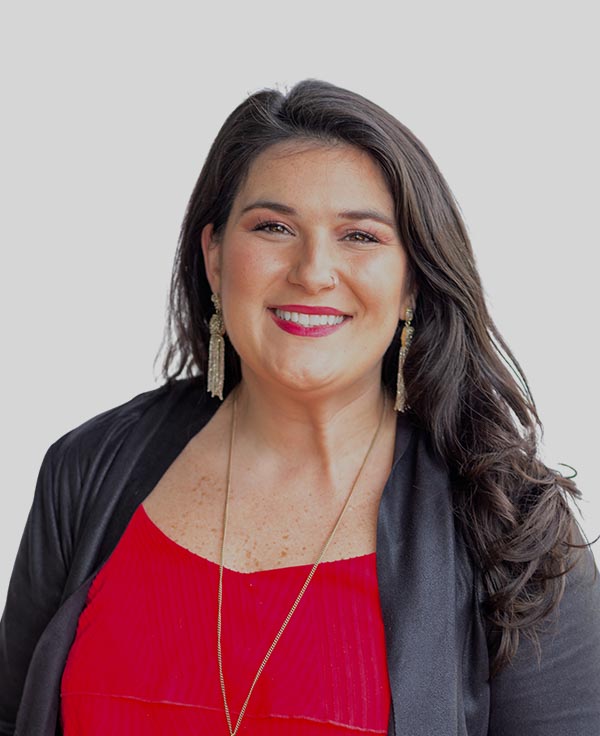As a kid, I sometimes hated my name. People often misspelled it or told me that the way I spelled it was a boy’s name. It was frustrating to be referred to as “Mr. Grimsley,” and this mislabeling taught me an important lesson early on about patriarchy. From there, I internalized that it must be better to be a man.
When I think about how those instances made me feel less than, I know I do not want to intentionally or unintentionally make anyone feel that way. My childhood memories are no comparison to the trauma, violence, and institutionally-sanctioned oppression that transgender and non-binary folks constantly face, but I can lean on these memories to remind me of why it’s so important to have empathy and use inclusive language.
I’ve noticed a resistance to using pronouns of late, even among the clients that Promise54 serves, that comes at a time when states across the country are enacting bans on transgender athletes and the Senate debates the Equality Act. Now, as much as ever, using pronouns and gender-inclusive language feels like a daily practice that I as a cisgendered, straight white woman can do to build the foundation for respectful and validating interactions.
Here are some of the ways that I am leaning into inclusive language personally and professionally. I invite you to try them on:
-
- When meeting someone new, I say: “My name is Jaime and my pronouns are she/her/hers.”
- Practice asking what folks’ pronouns are. “What pronouns do you use? Mine are she/her.”
- When referring to a mixed-gender group or group of people I don’t know, my personal favorite inclusive term is ”y’all.” I’m a Southerner, and I don’t think you have to be Southern to use y’all! Instead of guys, gals, or ladies and gentlemen, try out y’all or folks.
- If I am unsure of pronouns in written communication such as text or email, I default to “they,” “y’all,” or “folks.”
- If I misgender someone, I apologize sincerely and make an effort to use their correct pronouns. The goal here is to not shame-spiral, ask the person to educate you, or expect them to take care of you in the moment when harm was caused. Just do better next time.
At Promise54, we’ve found that creating more gender-inclusive teams and organizations doesn’t need to be complicated. Building inclusive habits and practices around gender-inclusive language creates necessary space for people who hold historically marginalized identities. One way we do this is by using pronouns regularly in our practice both internally and externally, including:
-
- Anytime you or your team are making introductions
- In staff bios on websites, marketing materials and business cards
- All ‘nametag’ occasions, including email signatures, Zoom IDs, and physical name tags (remember those?)
Trying this on may be new or feel uncomfortable, but if you, like me, hold straight and/or cisgendered identities, I challenge us to lean into any discomfort so that we are not invalidating or demeaning others.
For deeper reads on pronouns, gender-inclusive language and more, here are some resources:
-
- Pronouns 101: a two-pager that explains what pronouns are, why they matter and pronoun etiquette tips
- How “y’all” could replace “you guys”: article discussing linguistic shifts and factors at play for shifting to y’all
- Understanding Non-Binary People: How to be Respectful & Supportive: short article with definitions, facts, and tips for being respectful and supportive
- Supporting the Transgender People in Your Life: A Guide to Being a Good Ally: tips on being a good ally and ways in which you can support broader change in your community
- Guide to Being a Straight Ally: long-form document with definitions, strategies and real-life anecdotes to being a straight ally
- Mistakes: Examples for how you can handle mistakes if you mispronoun someone
JAIME GRIMSLEY
Associate Partner
She/Her/Hers
Contact Jaime: jaime@promise54.org

